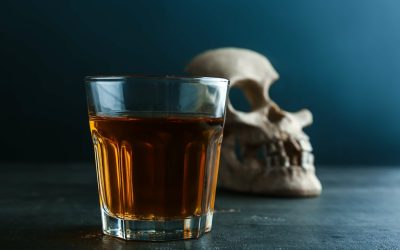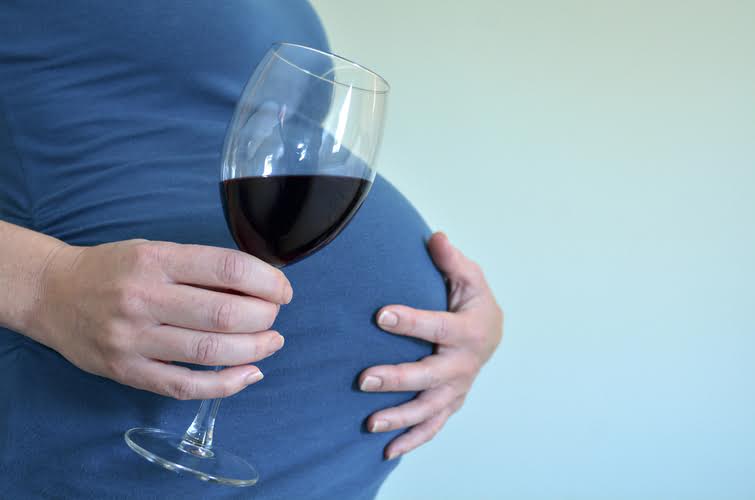This will be compounded by a lack of collagen, flexibility, and drier and generally weaker skin. Yes, alcohol can interact with certain medications, amplifying their side effects and potentially increasing the risk of bruising. “It’s the company bruising keeps, the frequency that it occurs, even the severity by which it occurs,” explained Dr. Ragni.
Elderly Bruising on the Legs and Arms
Alcohol also slows down central nervous system activity, reducing reaction times and further increasing the risk of bumps and bruises. Yes, certain medications can interact with alcohol to increase the risk alcohol rehab of bruising. Blood-thinning medications, such as aspirin or warfarin, when combined with alcohol, can further thin the blood and increase susceptibility to bruising. The consumption of alcohol affects your coordination and judgment and, likely increases the chances of accidents – bumping into things and falling.
Older Adults
While not linked to serious health issues, it may increase the risk of skin tears and bruising easily. A damaged liver may not produce can alcohol cause bruising the proteins required for coagulation, leading to coagulopathy, which is characterised by bruising and bleeding even with minimal trauma. While the exact mechanism may vary, there is a clear link between alcohol consumption and easy bruising.
- Yes, alcohol-induced bruising can be a sign of an underlying medical condition, such as liver disease, vitamin deficiencies, or blood clotting disorders.
- Our dedicated team offers compassionate support, ensuring you have the guidance and resources needed to navigate your journey to sobriety and wellness.
- They may lose feelings of hunger or no longer have a desire for food, as their focus shifts to alcohol.
- One such dangerous combination is alcohol and blood thinners, a duo that significantly increases the likelihood of bruising and other bleeding-related issues.
Avoid Risky Activities
While bruising after a night of drinking may not always signify a serious issue, chronic heavy drinking that results in frequent and easy bruising may indicate a significant health concern. If you notice unusual bruising or other symptoms like bleeding gums or nosebleeds, it is advisable to consult a doctor to rule out any underlying health problems. Secondly, alcohol acts as a vasodilator, causing blood vessels to relax and expand. This increased blood flow can make minor bumps more likely to result in bruising, as even small impacts can cause blood vessels to burst and spill blood under the skin.
Your body uses vitamin K to help your blood form clots to stop bleeding. When you get an injury, blood may leak from the vessels (veins and capillaries) under your skin. The discoloration you see as a bruise on the surface of your skin is from blood that has pooled in or under your skin.
Problems with two major organs — your liver and kidneys — can cause blood abnormalities. “Any problems with the liver can mess with proteins necessary for clotting,” says Dr. Vyas. Kidney disease can affect your platelets, also leading to clotting problems, and therefore more frequent bruising.
Yellowing of your skin and eyes
Bruises happen when blood leaks out of your veins and capillaries and pools under your skin because there isn’t an opening for the blood to get out of your body. Blood cells called platelets stop your bleeding, but the pool of blood under your skin can change your skin color and cause swelling, pain, and tenderness. A person may start to bruise more easily than before for a number of different reasons, though bruising doesn’t necessarily indicate a serious health issue. If you’re bruising easily, even when you don’t remember banging yourself, you’re not alone, especially if your younger days are behind you. In addition, some alcoholic beverages, such as wine and beer, are high in calories, so regular consumption of these drinks can lead to weight gain. Alcohol is also a diuretic, meaning it dehydrates you every time you have a drink.
Research studies on the association between weight gain and alcohol consumption have ended in conflicting results. In other words, weight gain isn’t inevitable, but you could still tip the scale up from drinking too much alcohol. If you spot severe bruising on your loved https://ecosoberhouse.com/ one’s body, it’s a cause for concern.
Heavy drinking can also cause a deficiency of vitamin C, which is important for healing wounds and maintaining blood vessel health, further contributing to easy bruising. Binge drinking alcohol can be related to alcohol use disorders or mental health conditions. Dizziness can result from alcohol intoxication, and intoxication can also lead to injuries that cause bruises. Dry skin may be present at the same time but is unlikely to be related to binge drinking.
- If you are concerned about frequent bruising, it is advisable to reduce alcohol consumption, as this can help decrease the risk of bruising and improve overall health.
- For those with severe liver dysfunction, a doctor may recommend vitamin K supplements, as this vitamin plays a key role in blood clotting.
- Alcoholic jaundice is usually found in the progressive, final stages of liver disease.
- Alcohol is known to be toxic to the liver, and a majority of people who regularly consume 4 or more drinks per day will develop a fatty liver.
Now living in her father’s birthplace Texas, she loves to develop authentic, delicious recipes from her culture but mix them with other culinary influences. When she isn’t cooking or writing about it, she enjoys exploring the United States, one state at a time. She lives with her boyfriend Steve and their two German Shepherds, Gus and Wilber. “You can either have an insufficient number of platelets, or your platelets don’t work normally,” said Dr. Ragni.
This condition results in the accumulation of fatty acids in the liver, causing severe dysfunction and impairing its ability to filter toxins from the blood effectively. As a result, the unfiltered toxins in the blood can affect blood vessels, making them more prone to rupture and leading to easy bruising. Alcoholism emerges from alcohol abuse, when there’s a pattern of drinking despite negative consequences. Alcoholism and alcohol abuse are both categorized as alcohol use disorders—affecting people of all ages and stages of life.



